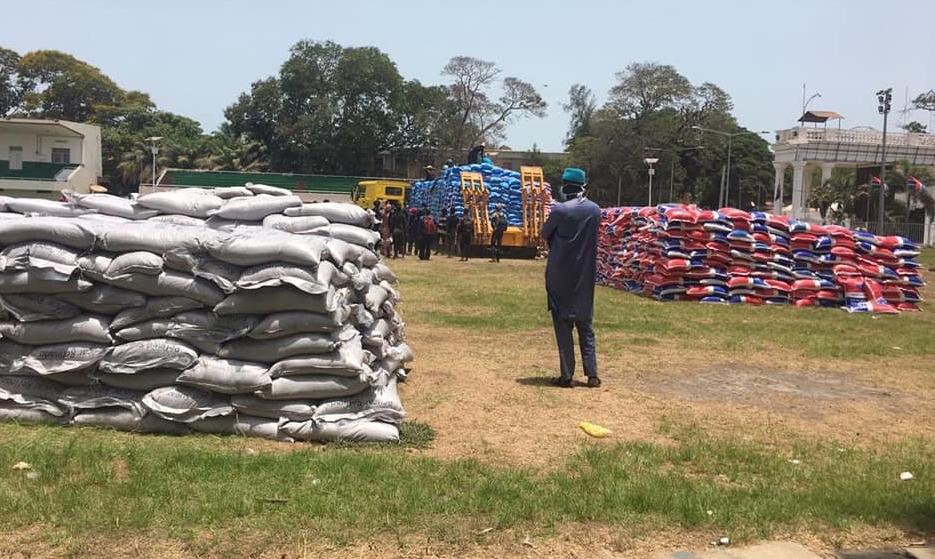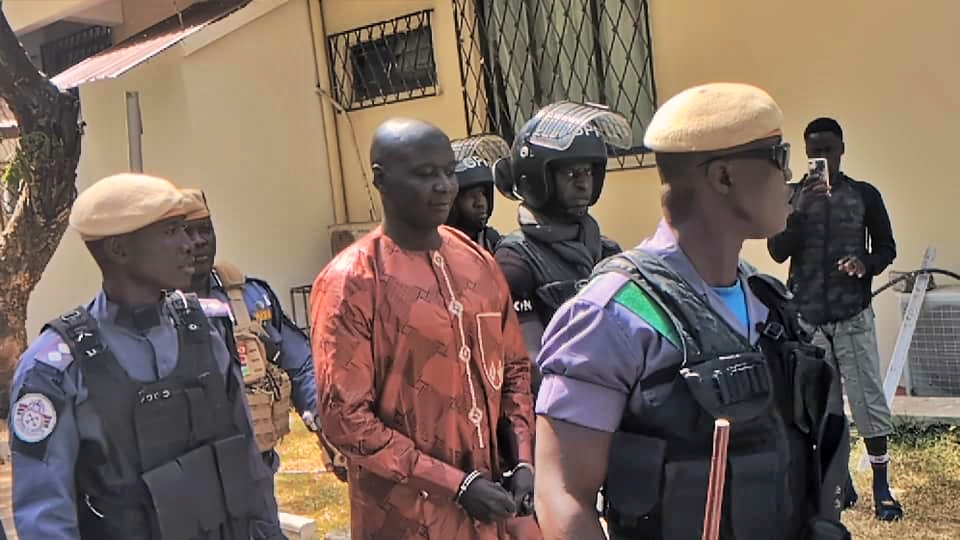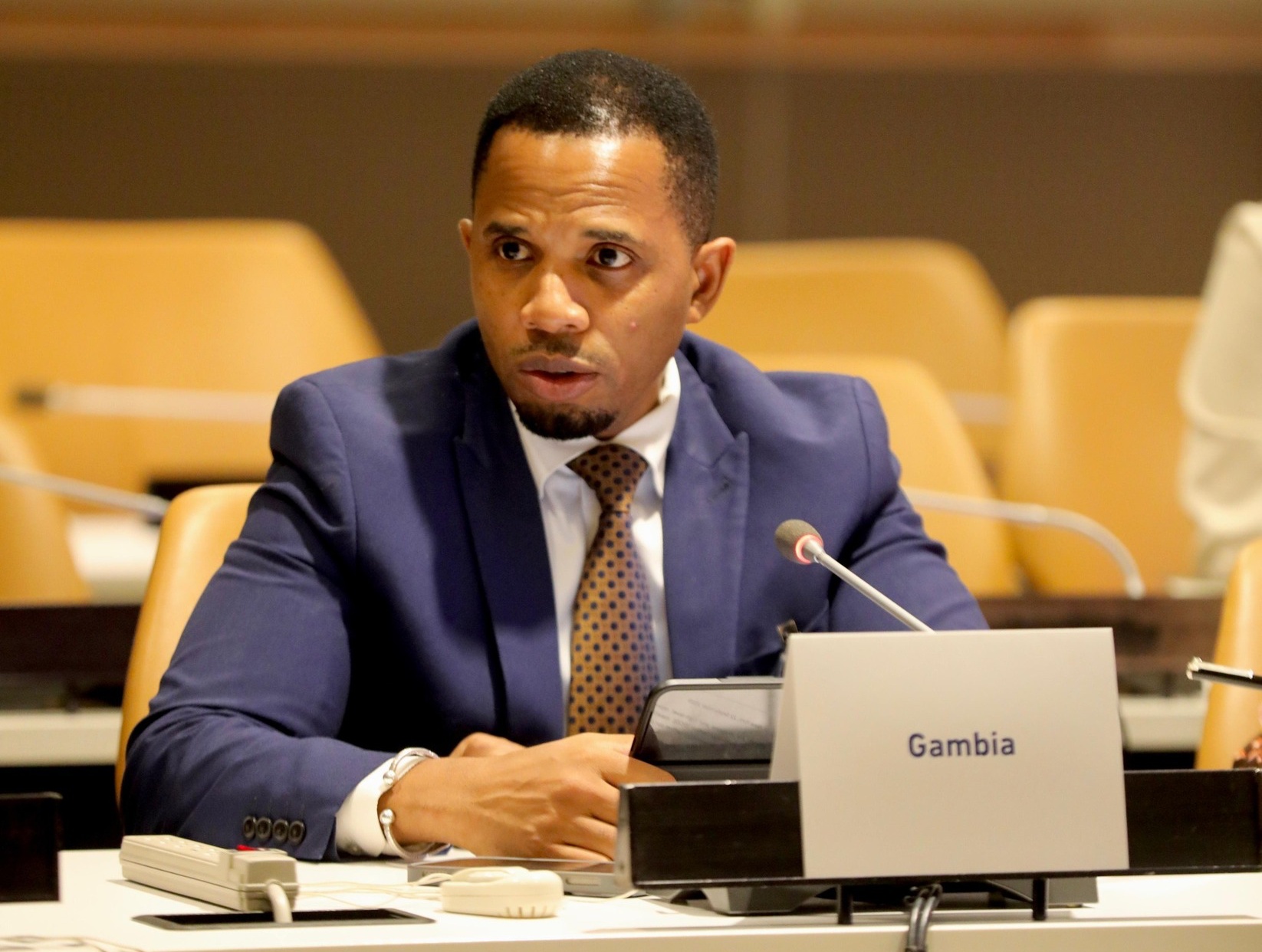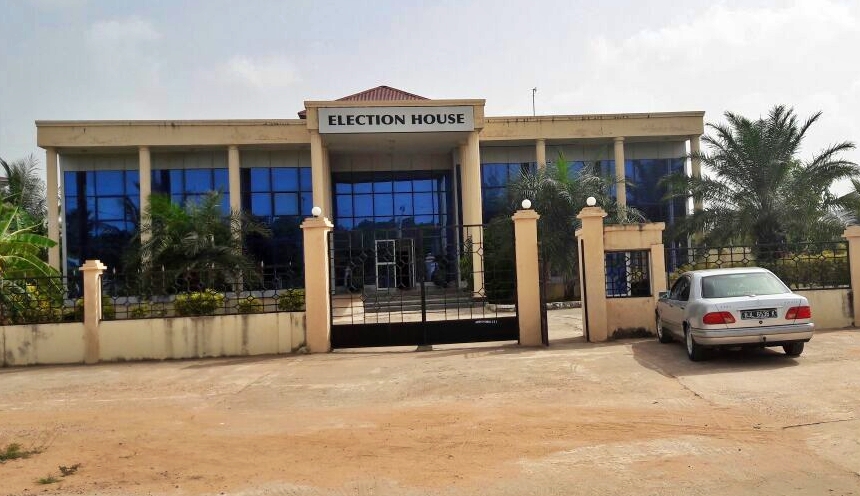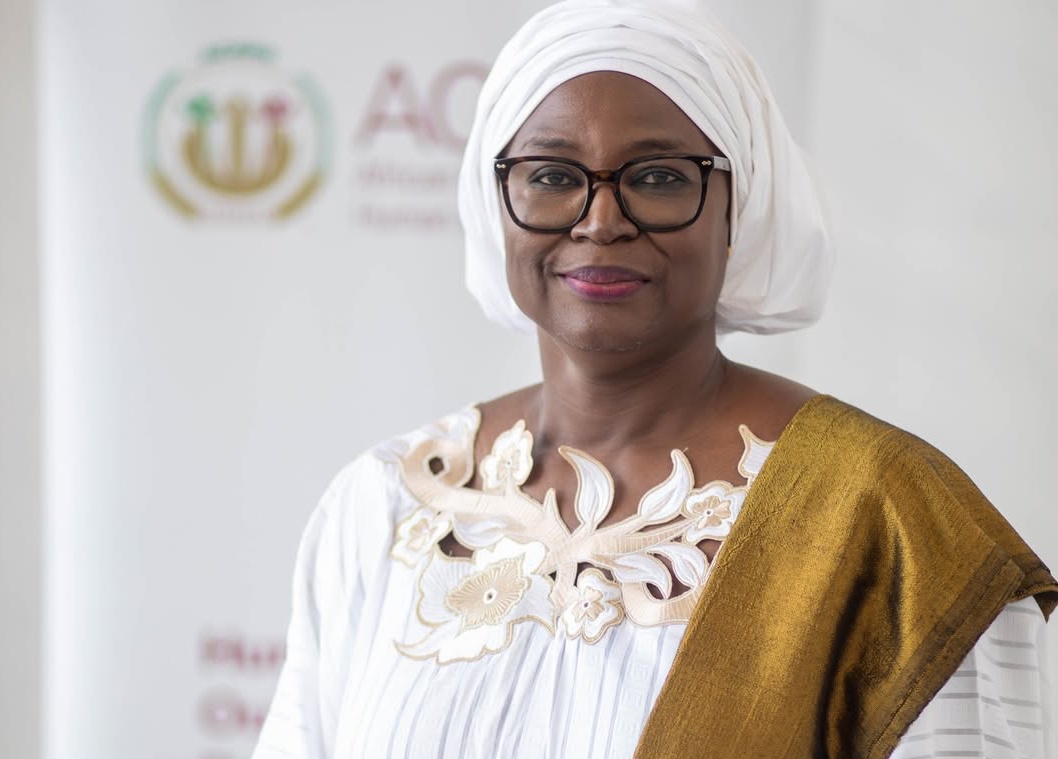Gambiaj.com – (BANJUL, The Gambia) – In a small courtroom in Banjul decades ago, a young lawyer named Janet Ramatoulie Sallah-Njie began to see the cracks in the legal system through which women and children so often fell. Today, as a Commissioner of the African Commission on Human and Peoples’ Rights, she is one of the continent’s most respected voices for gender justice and child protection — a woman who has spent her life turning law into a living force for change.
Sallah-Njie’s journey from a rising Gambian legal officer to a continental human rights leader is defined by a quiet but unrelenting determination to break barriers. “The law is only as strong as its ability to protect the vulnerable,” she has often said.
This belief has guided her three-decade career, spanning constitutional reform, legislative drafting, and the fight for women’s rights.
As the Special Rapporteur on the Rights of Women in Africa, she works at the intersection of law and humanity. Her work is not confined to dusty policy papers or conference halls; it is anchored in the lives of real people.
In August 2025, when a one-month-old baby girl in The Gambia died from complications following female genital mutilation (FGM), Sallah-Njie co-signed a joint appeal to President Adama Barrow, demanding action.
For her, the tragedy was emblematic of a larger struggle, the urgent need to confront harmful practices with both legal reform and community-based solutions.
But Sallah-Njie is not only about advocacy; she is about reshaping systems. She has drafted and reviewed laws for UN agencies, the Commonwealth, the EU, and national governments, building frameworks that protect women and girls where informal customs often leave them exposed.
As a lecturer at The Gambia Law School, she passes this vision to the next generation of legal minds, insisting that the law must evolve with society to be truly just.
She is also a pioneer. In 2002, she left a distinguished public service career, where she served as Chief Parliamentary Counsel, Solicitor General, and Legal Secretary, to establish Torodo Chambers, one of The Gambia’s most respected law firms.
She founded the Female Lawyers Association–Gambia, becoming its first president, and chaired ActionAid International The Gambia, opening doors for women in spaces where they had long been excluded.
Her advocacy goes beyond legislation. Sallah-Njie is vocal about the deeper structures of inequality, the patriarchal norms that view women as property, the entrenched barriers that keep girls out of classrooms, and the cultural and religious practices that override constitutional guarantees.
In public forums, she calls for multisectoral responses to sexual and gender-based violence (SGBV), urging governments to train security personnel, involve religious leaders, and provide psychosocial support to victims.
She champions strategic litigation to challenge unjust court decisions and holds states accountable to instruments like the Maputo Protocol and CEDAW.
At heart, Sallah-Njie is a bridge-builder. She understands that true change requires engaging not only governments but also communities, religious scholars, and traditional leaders.
Her work reflects a blend of boldness and pragmatism, pushing for reforms while respecting cultural contexts and amplifying women’s voices without alienating the structures that govern their lives.
For many young Gambian and African women lawyers, Janet Ramatoulie Sallah-Njie is more than a mentor; she is proof that the system can be reshaped from within.
Her career shows that legal expertise and moral courage can coexist and that the fight for gender justice is not a side issue but central to Africa’s future.
“I want a continent,” she says, “where a girl’s dignity is never negotiable and where laws work for those they are meant to protect.”
Through her decades of work, she has brought that vision closer to reality; one policy, one case, and one barrier at a time.




